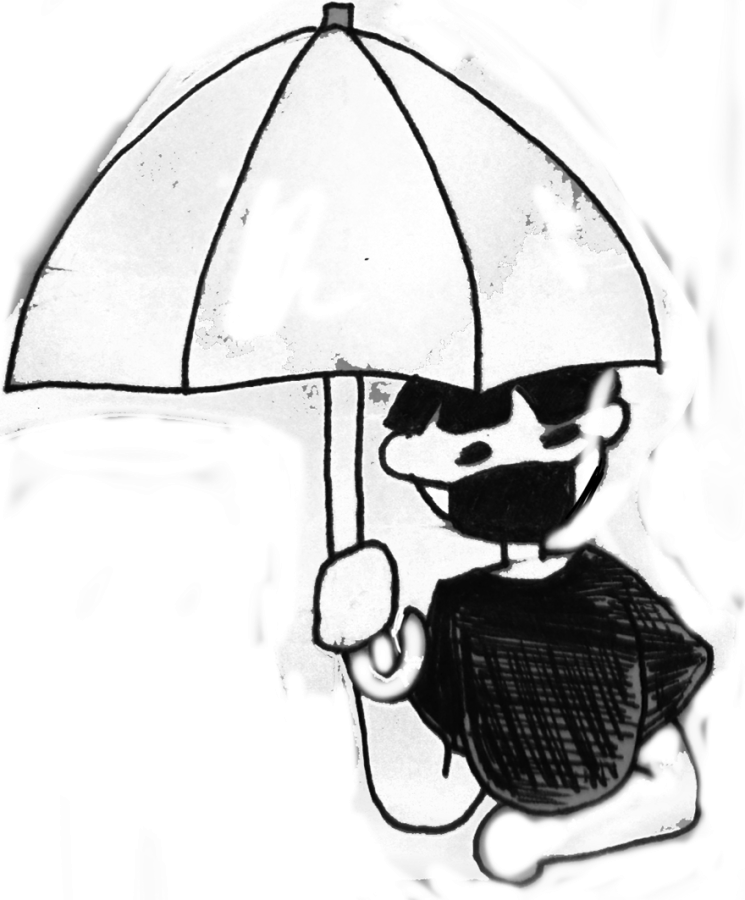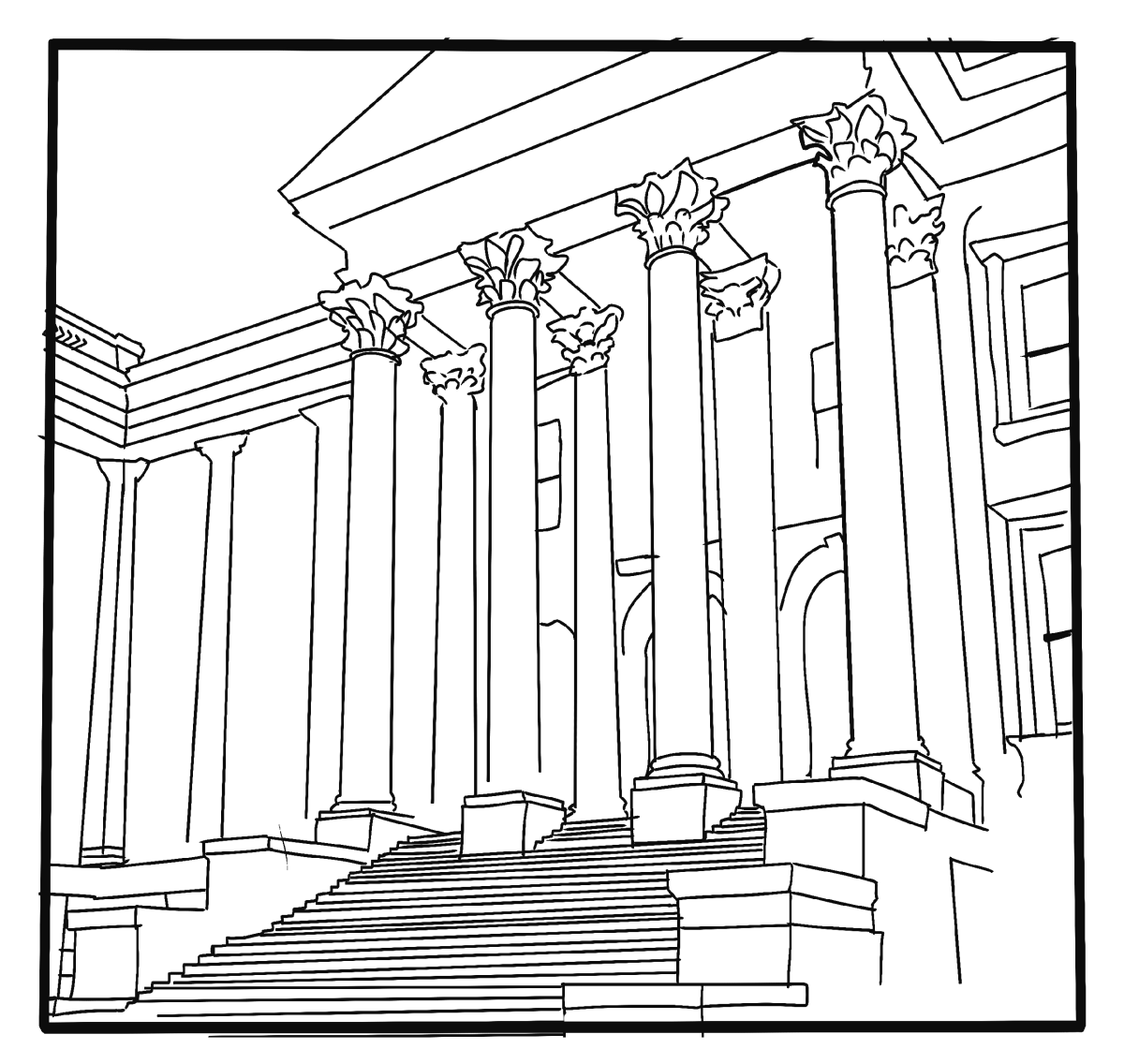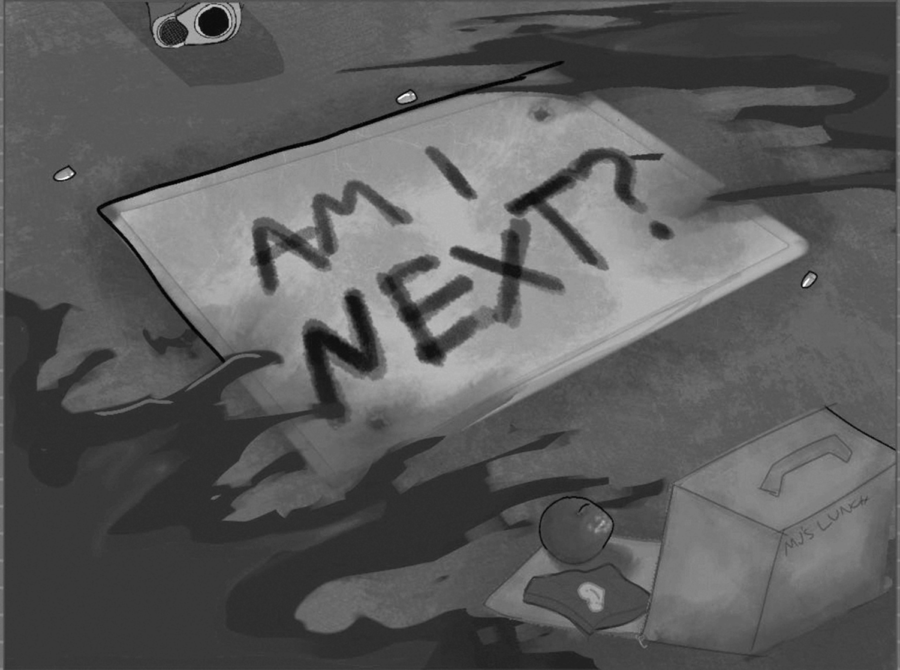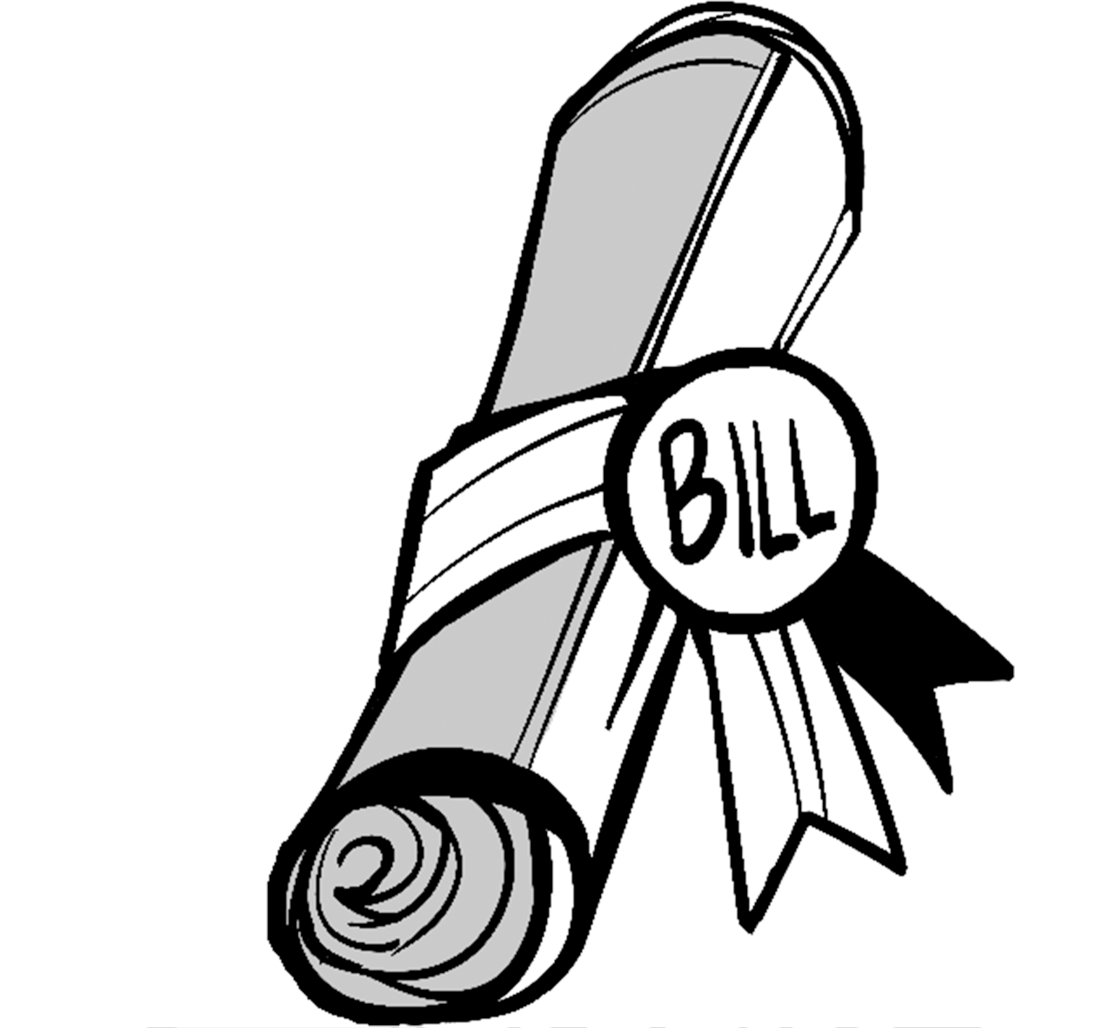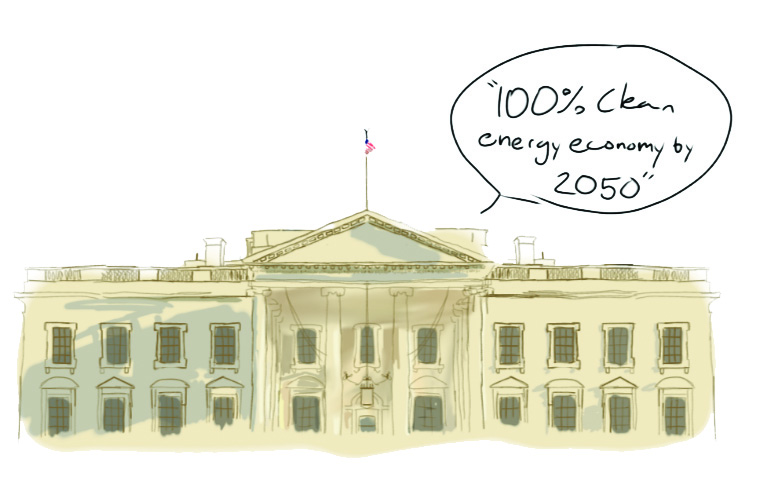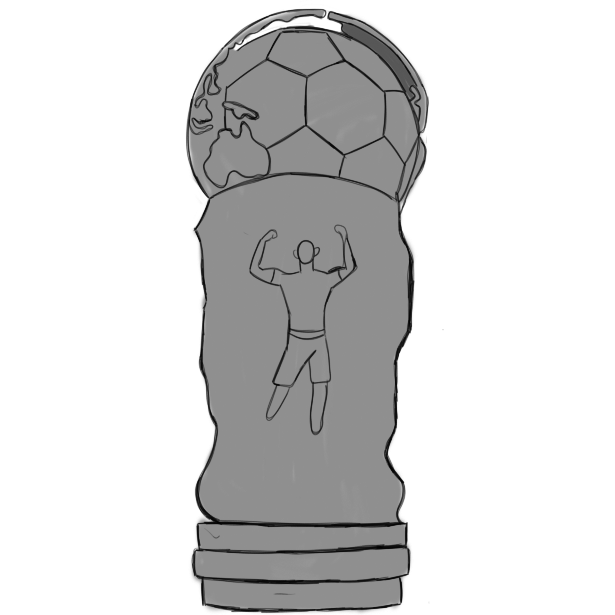In April, the Hong Kong government proposed a bill that would allow suspected criminals to be extradited to face trial in mainland China. The bill faced significant opposition, as many felt it could lead to unfair trials of suspects at the hands of Chinese courts. They also felt it would give China greater influence over Hong Kong and could be used to target journalists and other activists within the region, officially a part of China but given special administrative powers and self-governance. As a result, thousands of Hong Kongers took to the streets to protest the bill, even after Hong Kong Chief Executive Carrie Lam suspended the bill indefinitely. This is due to the fact that the protesters are demanding that the bill be withdrawn permanently.
As the weeks went by, the protests turned to violent confrontation. Protesters have been seen using firebombs and bricks while the police have fired rubber bullets and tear gas into crowds. The events have also spread out of the city center after flight-canceling protests occurred at Hong Kong’s International Airport and protesters coming home through public transportation were attacked at the Yuen Long station by mobs clad in white, who many alleged colluded with police to intimidate protesters.
The protesters now demand amnesty, completely free elections in the special administrative region and the dropping of the “riot” description given to the protests. They also demand the resignation of Lam, who they feel is being used as a puppet by the Chinese government.
China has condemned the protests, relating them to terrorism, and recently has said that it will increase the number of arrests and will not open any negotiations with protesters.


